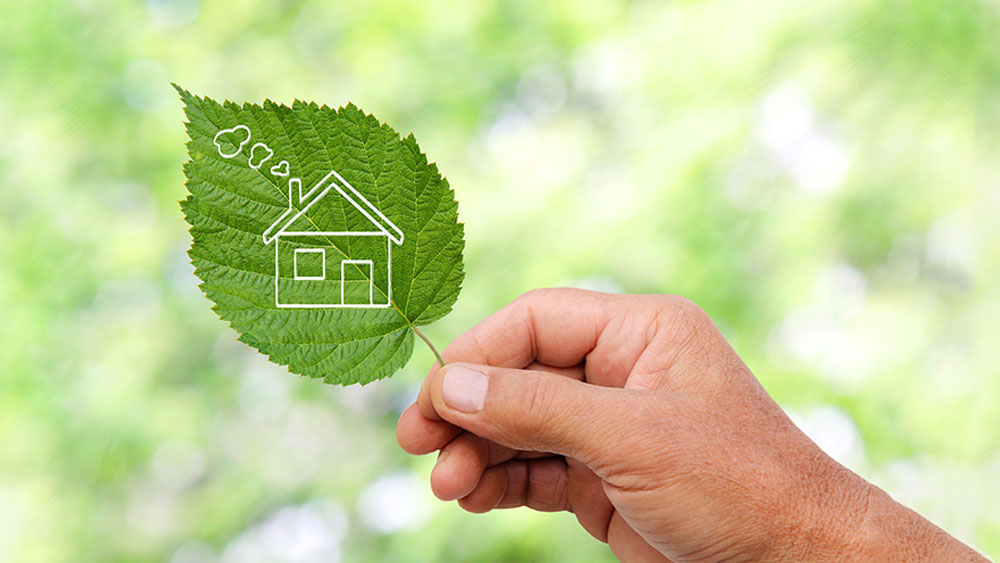Each and every home has a carbon footprint. Some of these prints are larger than others, and that’s not just because of the size of the home itself. It’s also about insulation and home improvements that keep the warmth of your home in for winter, and keep the cold in during hot summer months. So, if you’re interested in doing your bit for the environment – or if you’re simply interested in saving on your home’s heating and cooling bills, then this is the article for you. Read onto learn how to make your home more energy efficient for the future.
Doors and Windows
It may seem obvious, but the thinnest and most exposed areas of your home to the outside world are your doors and windows. As such, this is your first stop on your home insulation tour. All windows to your home should be double-glazed, so that there’s an important extra later between the outside world and the inside of your home.
As for doors, you can purchase or have tailor-made home doors that fit snugly in their thresholds. You may think that yours does at the moment, but there may well be a draft of air reaching around the sides, or on the top or bottom of your door. These are worth addressing in order to make your home more energy efficient.
Roofs and Walls
Next up are the larger surfaces of your home. Of course, you have four walls. And you have a roof, which protects your home from the elements. Both of these can be built, fixed and maintained in such a way that they release as little of your home’s temperature into the outside environment as possible.
Insulation is perfect for your walls and for the attic space between your upstairs rooms and your roof. Install it in order to being your heating and cooling costs right down, making for a cosy, happy home. And consider consulting with roofing companies, who will help you to decide how you can make more significant aesthetic and insulation improvements to your roof.
Electricity
Much of your home’s energy efficiency comes from the move insulation, but there’s also an important point to be made about how you consume electricity in your home. If you’re leaving all your lights on all of the time, you’ll be burning through electricity unnecessarily, which is poor for your home’s overall energy efficiency. Switching lights and devices off when they don’t need to be on is a great habit to develop in this regard.
Meanwhile, there are appliances and lightbulbs that require less energy to work than others. If you can slowly invest in these eco-friendly alternatives, you can make your home far more energy efficient overall. Plus, each appliance you buy to reduce your electricity consumption will have brilliant benefits in terms of how much you’re paying in bills: a win-win.
Make your home as energy efficient as possible with the tips arranged above, designed for every homeowner with a little cash to set aside to make important improvements on their home.


